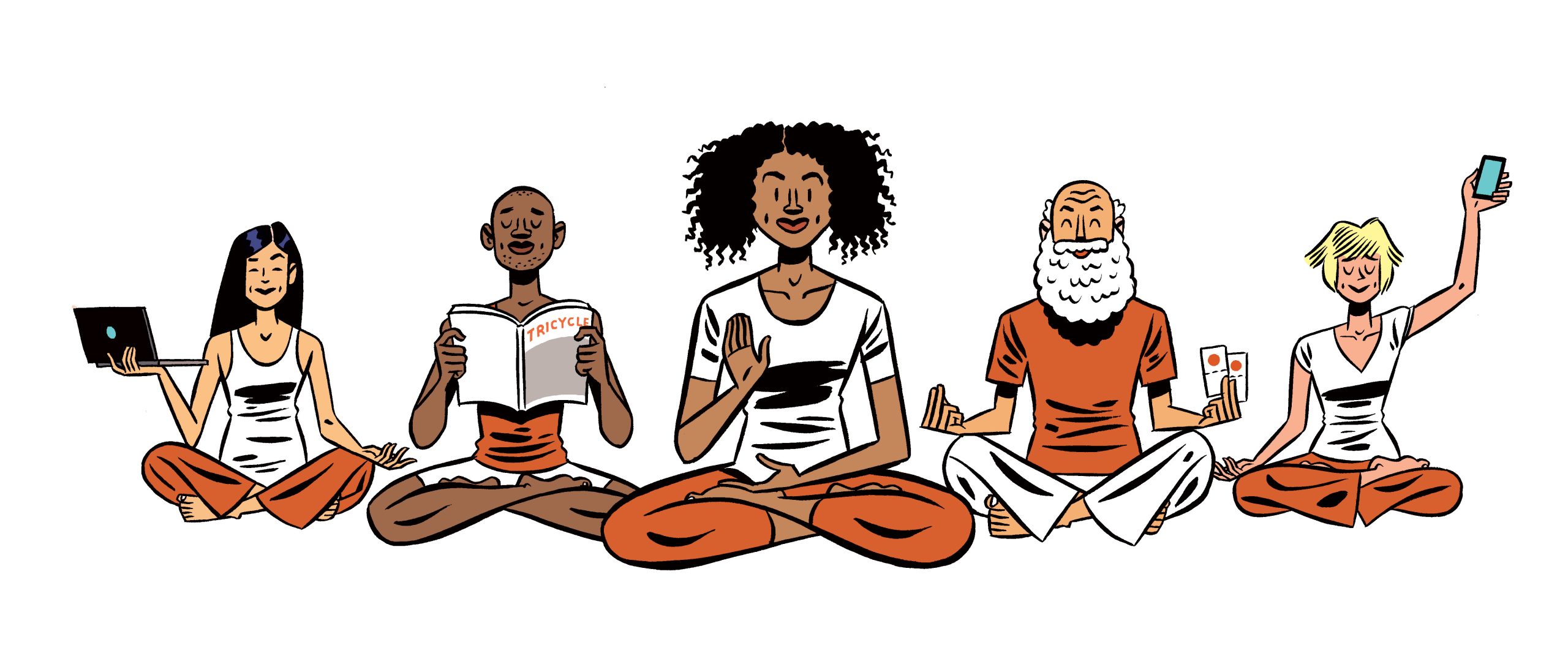I was wondering if there are any discourses or contemplations on the the of loathsomeness of the body in Soto Zen. The Lord Buddha recommended so-called asubha meditations and contemplations like those described in Venerable Samahita Bhikkhu's video here:
Gassho,
Mike
sat today
Gassho,
Mike
sat today





 ) then we recognize. It may have been a "technical" violation of the Vinaya Rules, but probably throughout history people tended to look the other way.
) then we recognize. It may have been a "technical" violation of the Vinaya Rules, but probably throughout history people tended to look the other way. 

Comment